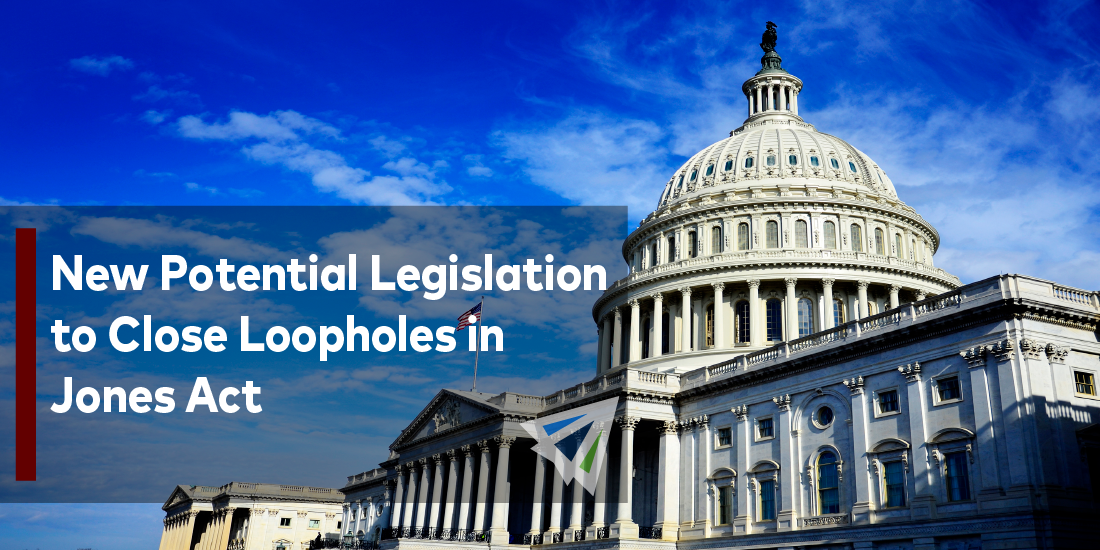A proposed bill in Congress would make it more difficult for foreign ships and their crews to work within the U.S. offshore energy sector. The bill, Close Agency Loopholes to the Jones Act, was introduced on Wednesday by U.S. Rep. John Garamendi, D-Calif. It attempts to get rid of 50 years of “letter rulings” issued by U.S. Customs and Border Protection that effectively function as short-term Jones Act waivers for foreign shipowners.
Garamendi argues that CBP has not properly used its authority to issue such rulings and has been way too relaxed in penalizing carriers that abuse them, pushing aside American workers and ancillary maritime jobs in the U.S. in favor of foreign workers who will work for cheaper.
Garamendi concern is about the American maritime industry facing a grave disadvantage to foreign vessels who are undercutting American workers and vessels by paying poverty wages to their employees.
Language in the bill revoked a ton of CBP agency interpretations from the past 50 years. These interpretations were revoked because it was found they were inconsistent with the initial Jones Act, which requires shipments that are on route between two U.S. locations to be moved only by vessels built, staffed, and owned by American workers.
Loopholes To Be Closed Soon
The new bill states that the 2019 ruling still left tons of loopholes in the Jones Act language that conflicted with the congressional intent of the bill in the first place. It negatively affected those who were correctly interpreting the Jones Act while empowering others to act outside of the initial boundaries of the bill via several loopholes that they now hope to close. These are a few of the loopholes they are targeting:
- The “pristine seabed” loophole: foreign vessels that place rocks or other aggregates (scour protection material) on the seafloor of the OCS can do so for offshore energy development.
- The “oceanographic research vessel” loophole: foreign vessels doing seismic-blasting and similar activities (pre-construction) for offshore energy development in the U.S.’s Exclusive Economic Zone(EEZ).
- The “seabed sample” loophole allows foreign vessels to take seafloor samples on the OCS for foreign energy development.
- The “paid out, not unladen” loophole, which allows foreign vessels to transport and install undersea cable between the United States and fixed points such as international platforms on the Outer Continental Shelf (OCS).
- The “decommissioning” loophole, which allows foreign vessels to decommission offshore platforms on the OCS.
- The “vessel equipment,” “lifting operations” and “installation vessel” loopholes permit foreign vessels with cranes to transport building materials into place for constructing offshore energy development within the EEZ.
If this legislation passes, it would mean that foreign vessel operators would have to tell the Department of Homeland Security, before they start working on the OCS (Outer Continental Shelf). They would need to describe what activities and operations they plan to do and identify any ruling letters from DHS that approves using a foreign vessel for similar operations.
The legislation also says that Customs and Border Protection could penalize foreign-flagged vessels operating on the OCS if they think the vessel is breaking the Jones Act exemption rules (so long as the vessels haven’t notified CBP of their plans.)
If this legislation becomes popular, it will most likely receive significant pushback from energy companies. These types of businesses depend on CBP letter rulings because they lack U.S.-owned vessels and foreign vessels that can perform the necessary operations.
